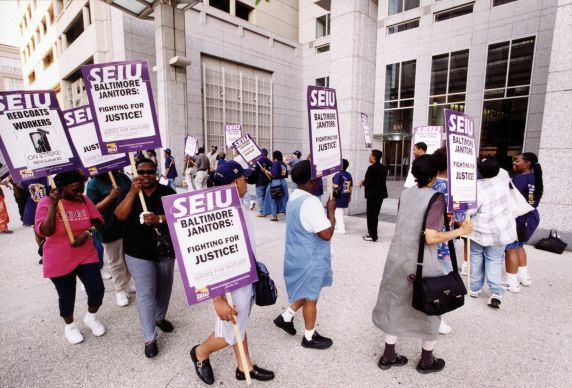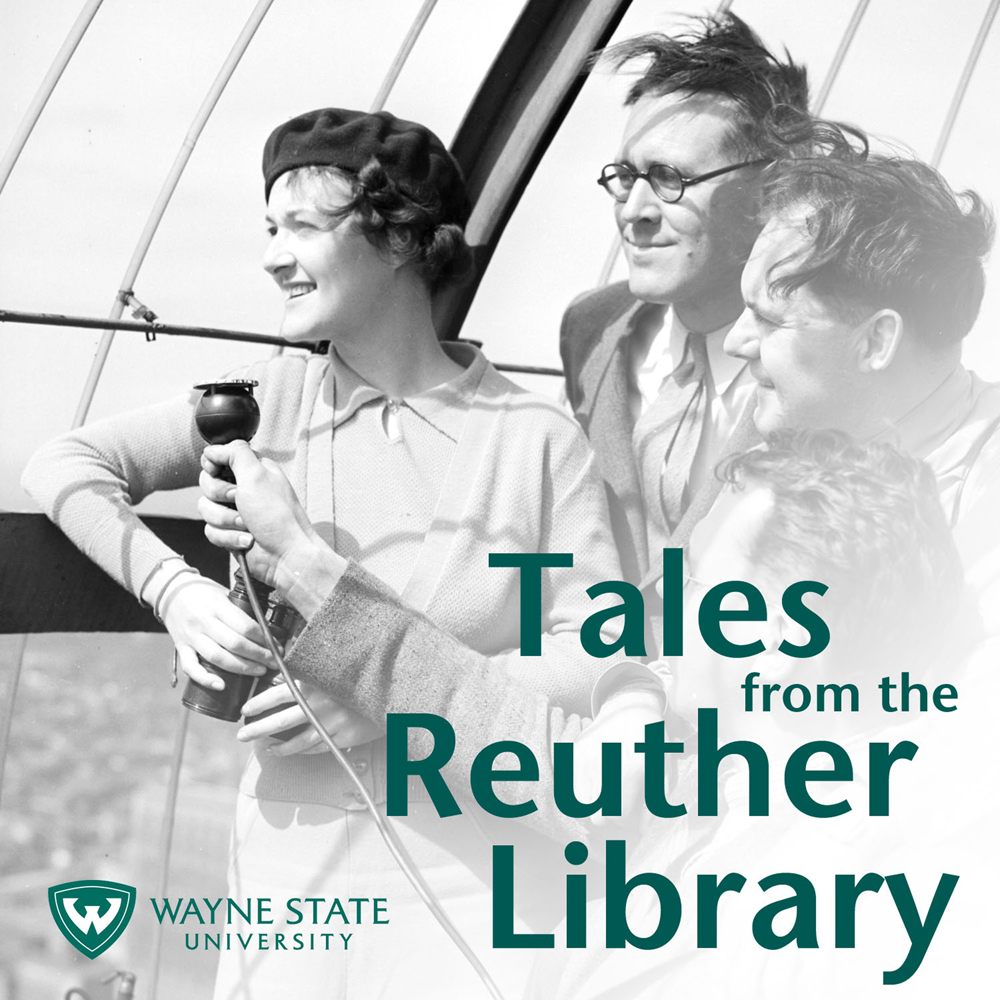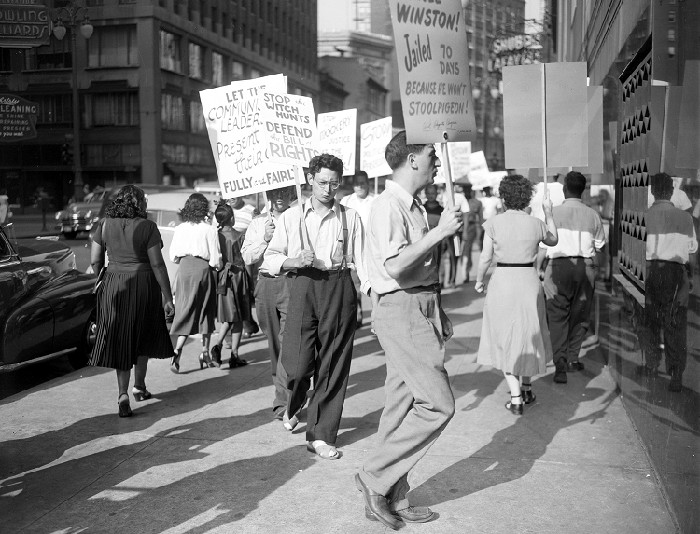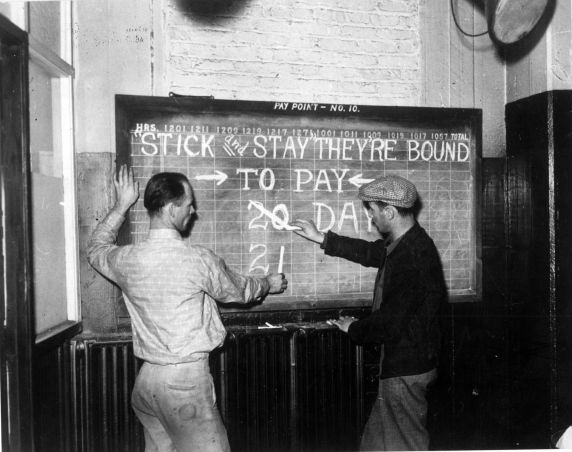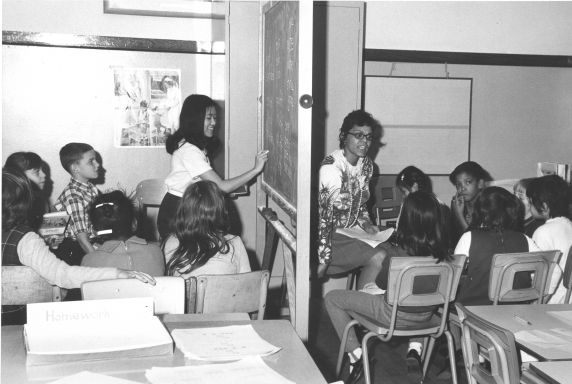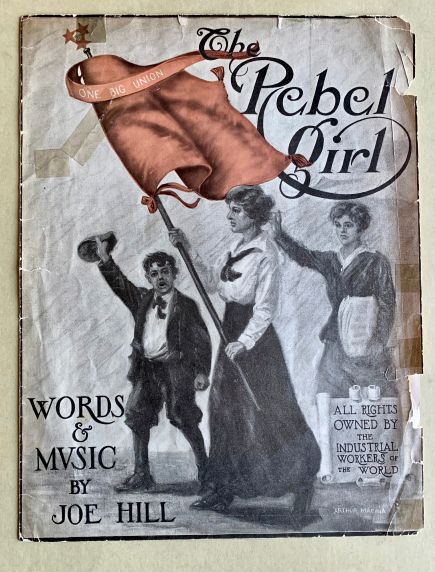Reuther Library SEIU archivist Sarah Lebovitz shares highlights from the union’s first 100 years, and explains how its archives at the Reuther Library have supported labor organizing and centennial celebrations.
Related Collections:
SEIU District 925 Records
SEIU Executive Office: George Hardy Records
SEIU Executive Office: John Sweeney Records
SEIU Executive Office: William McFetridge Records
SEIU Historical Records
SEIU Photographs
SEIU Publications
Related Resources:
Blog: SEIU at Churchill Downs
Blog: SEIU’s Justice for Janitors MOPSCAR Awards
Blog: Notable Women of SEIU
Podcast: SEIU: A Successful Union in an Era of Labor Decline
Podcast: Documenting the Now: SEIU Archivist Sarah Lebovitz on Using Archives to Empower the Future
Episode Credits
Producers: Dan Golodner and Troy Eller English
Interviewer: Dan Golodner
Interviewee: Sarah Lebovitz
Music: Bart Bealmear
Podcast: Play in new window | Download | Embed
